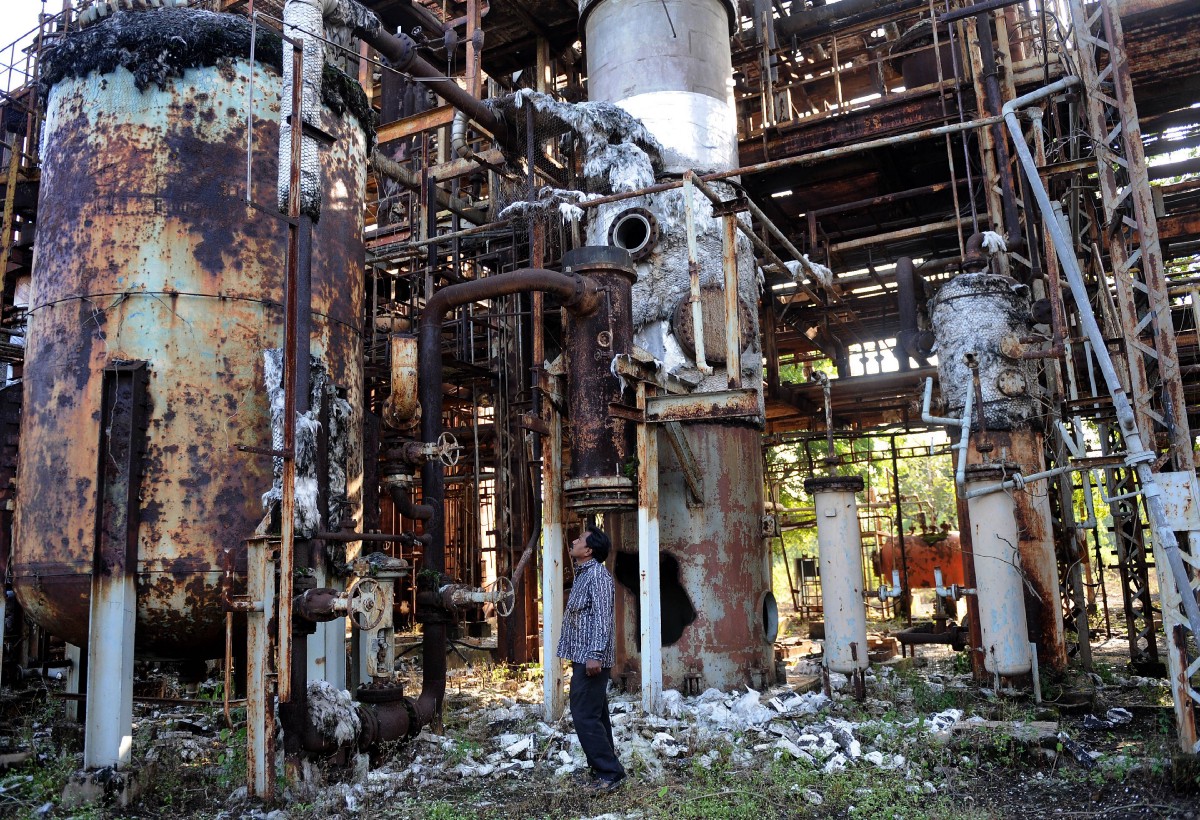The Bhopal India gas explosion is the worst human-caused environmental disaster the world has ever seen.
Union Carbide India Limited (UCIL)
Union Carbide India Limited (UCIL) built a pesticide plant in 1969 to meet the needs of farmers ravaged by crop failures. In the years after World War Two, the world's population exploded, and phrases like "world hunger" became common on nightly news broadcasts. The UCIL plant responded to the need by making vital pesticides for farmers to combat pests as well as provide jobs for local citizens. Unfortunately, the plant had inadequate safety measures, and gas leaks were common occurrences.
The Deadly Leak
On December 2, 1984, a small gas leak turned into a massive explosion, spilling more than 40 metric tons of methyl isocyanate (MIC) gas into the immediate area. While MIC gas is deadly toxic to people, only minimal safety precautions have been taken since production ramped up in 1979. That year, the Bhopal UCIL plant installed an online MIC production facility to help meet fertilizer demands.
There were 2,259 deaths and 500,000 injuries recorded after the incident. However, the exact number of injuries and deaths is hard to pin down because the toxic gas cloud spread out over several kilometers.
What About A Safety Team?
The new MIC facility had managers and operators, but not in the way American-supported companies do with OSHA looking over their shoulders. In 1984 the Indian UCIL plant was partially owned by the Indian government, which oversaw safety. The result was a pesticide manufacturing company with little to no OSHA or equivalent type of accountability. Thus, the plant puts everyone around it and in it at risk of dying from poisonous gas.

